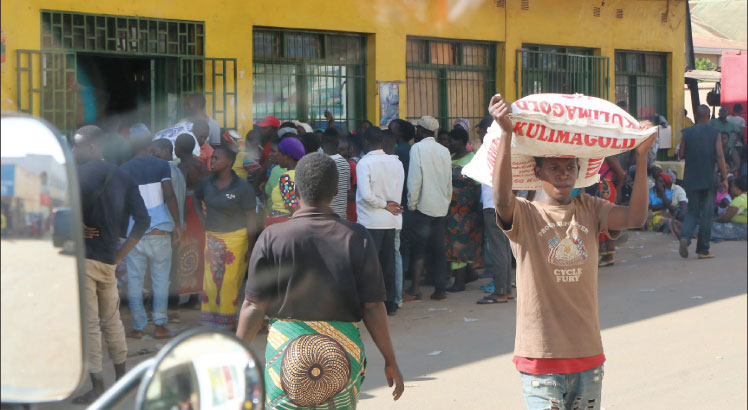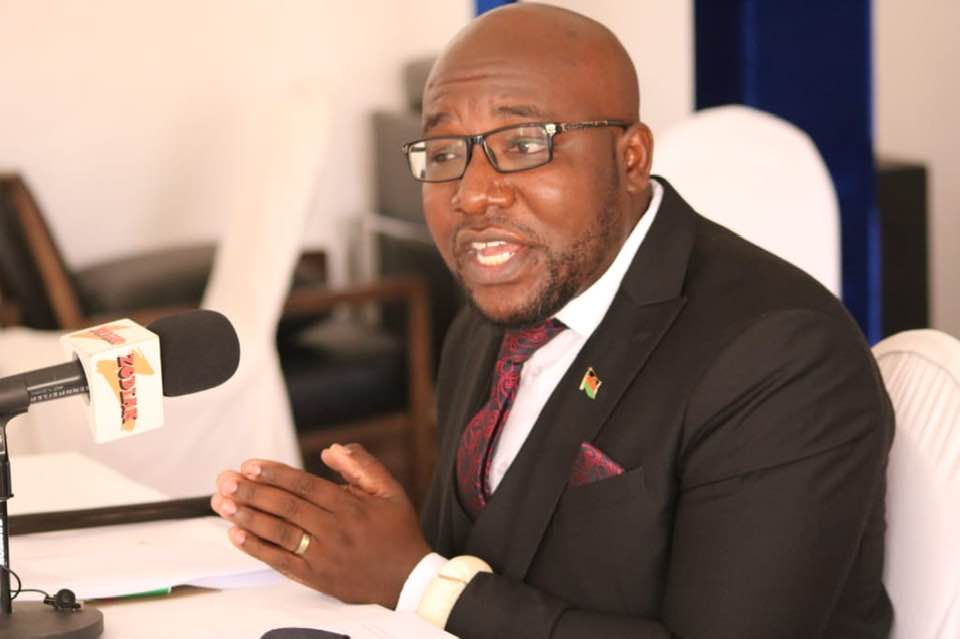Parliament drags feet on AIP, maize reports
Five months after a joint parliamentary committee investigated the mismanagement of the Affordable Inputs Programme (AIP) and disappearance of 13 maize trucks from silos, lawmakers are yet to produce a report on the outcome.
The joint committee’s co-chairperson Sameer Suleman in an interview yesterday said their report is in limbo because some key witness did not appear before it.
On the other hand, legal and governance experts feel Parliament is taking Malawians for granted and suggest a legal process to force it to act.
Suleman said people that were not allowed to appear before the committee included Reserve Bank of Malawi (RBM) Governor Wilson Banda, officials from Ecobank Malawi and Secretary to the President and Cabinet (SPC) Colleen Zamba.
He said: “The committee was given two weeks to do the investigation but, unfortunately, some key stakeholders were not allowed to come in the meeting and were sent back without being interviewed.

“The committee cannot produce a comprehensive report without the input of those that were sent back. We are waiting for Parliament leadership to guide on the way forward.”
Meanwhile, governance expert Dr George Chaima has termed the delay to release the report as demoralising as it denies Malawians a chance to know how their resources were used or abused.
He said: “We have Access to Information law which Parliament passed, yet it is in the forefront denying people information. Government lost money through AIP, the legislators were also paid to meet, at a time when the economy continues to crumble.
“So, it is very wrong to keep a report because it would have given Malawians a chance to know what happened and how such could be prevented. We are talking about food, but it seems our legislators don’t care. We can’t solve a problem this way.”
From October 31 to November 11 2022, the committee investigated K750 million advance payment for AIP fertiliser purchase, alleged disappearance of maize valued at K113 million and the status of maize stocks at National Food Reserve Agency (NFRA), among others.
A source, who spoke on condition of anonymity, yesterday said the legislators were getting K80 000 per day as sitting allowance each, translating to K16 million for the two weeks they carried out the probe.
Political analyst Victor Chipofya termed the delay as arrogance on the part of the committee, and suggested a legal remedy for Malawians to get access to the probe findings.
Human rights lawyer Justin Dzonzi agreed with Chipofya, saying the citizenry can use legal means through a judicial review to force Parliament to act on the matter and release the report.
“The Constitution, under Section 12, is clear that everyone who exercises public power, does so on delegation from the people of Malawi, but also must do so to serve the interest of Malawians,” he said.
Parliament spokesperson Ian Mwenye was yet to respond to our questions by press time yesterday.
The 20-member joint committee comprised some members from four parliamentary committees of Budget and Finance, Agriculture and Irrigation, Public Accounts and Commissions, Statutory bodies and State Enterprises.





